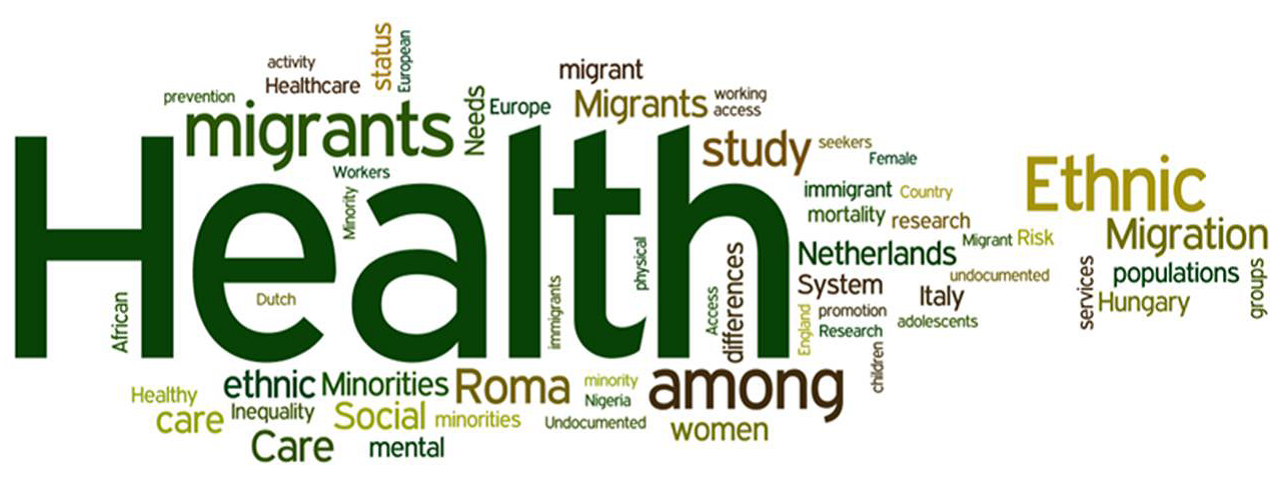By Tara Ornstein, Independent Global Health Researcher
Although on December 18, 2013, the International Organization for Migration (IOM) confirmed the deaths of 2,360 migrants in 2013, they indicated that the actual number was much higher. IOM Director General William Lacy Swing explained, “We will never know the true total as many migrants died anonymously in deserts, in oceans, or in other accidents.”
In addition to the dangers posed by crossing inhospitable geographic terrain, U.N. officials also noted a rise in xenophobia directed at migrants. In a joint statement released by several U.N. agencies and their partners, well-known global health governance experts called on member states “to fight racism and xenophobia, to charge perpetrators of violence or discrimination against migrants, and foster a public discourse encouraging tolerance, acceptance of social change and celebration of diversity.”
Just weeks before the publication of these statements, violence against migrants was reported in the Dominican Republic, the Russian Federation, Saudi Arabia and the United States (US). Because the US and Russia have the largest numbers of foreign migrants, eliminating violence against them through legislative reform in these countries is a priority issue for the global health community. Although both countries have substantial foreign labor needs, they both simultaneously restrict migrant rights in ways that cause an increased risk of injury and poor health outcomes among migrant populations. In contrast to the wide array of civil society groups working to strengthen migrant rights in the US, migrants in Russia have fewer organizations working on their behalf. Nonetheless, the need for such assistance is acute; last October, Moscow experienced the worst rioting in years when migrants were blamed for the death of a young Russian man in the suburb of Biryulyovo. While most of the rioters were released, the Russian police arrested 1,200 migrants.
As the new year begins, these events have highlighted the need for global health practitioners to facilitate international, cross-sectional approaches to safeguarding migrant health. Although migrants bring a number of important benefits, including increased economic growth for the receiving countries and financial resources for the sending countries, implementing innovative policies and programs to protect their health will be one of the greatest challenges of 2014.

